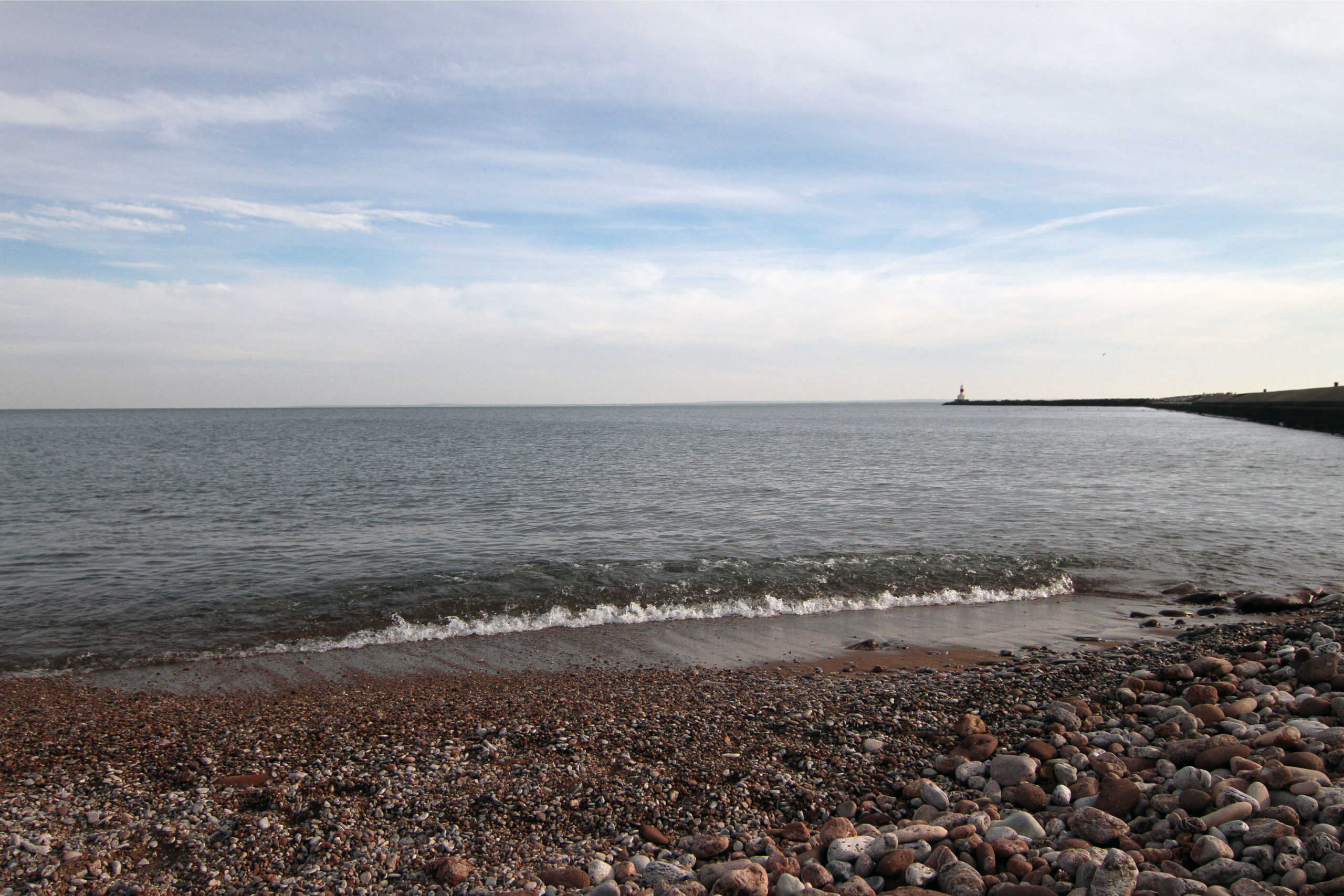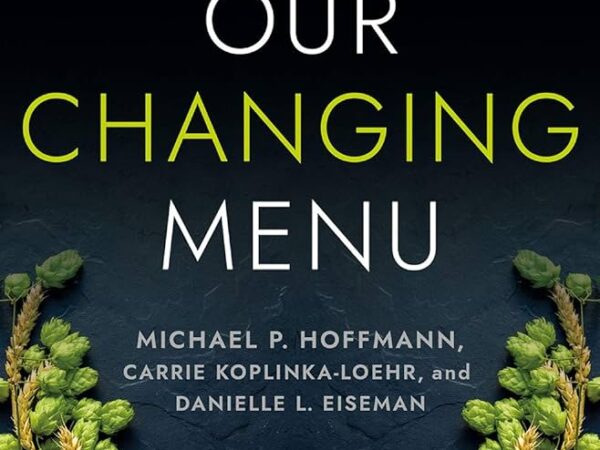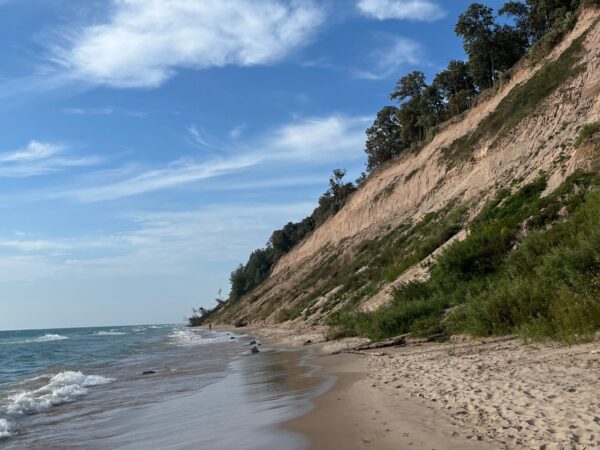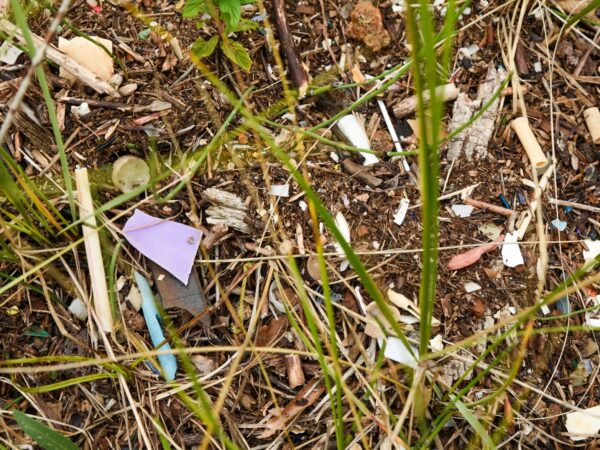
Just like the atmosphere and the ocean, lakes can be subject to extreme spikes in temperature, and new research shows that the vast majority of these heatwaves over the past 25 years are the result of human-caused climate change.
Iestyn Woolway – a climate scientist at Bangor University in Wales – and his colleagues analysed satellite data of surface temperatures in lakes around the world, including the Great Lakes, to identify when and where heatwaves occurred since the satellites came online in 1995. They also ran computer models to estimate how much human activity had contributed to the temperature spikes. The work was published last week in Geophysical Research Letters.
Heatwaves are defined as any time the surface temperature is in or above the top 10% of temperatures recorded in that area for a prolonged period of time.
They found that, over the past couple of decades, climate change caused by human activity contributed to 94% of the heatwaves and made them six times more likely to occur. And should temperatures rise by 3.5 degrees Celsius in the future, lake heatwaves will become 25 times more likely.
“These are big numbers, they really jumped off the page,” said Woolway.
While atmospheric and marine heatwaves have received a lot of attention in recent years, there has been very little work done on lakes so far.
“There have only been about three papers on it, and I think Iestyn has been an author on all of them,” said Eric Anderson, an environmental engineer at the Colorado School of Mines in Golden, Colorado. Anderson worked with Woolway on a study published last year that found all of the Great Lakes were experiencing an increasing number of heatwaves, and that over time those heatwaves were becoming more intense, lasting longer and covering a larger area of each lake.
Anderson highlighted 2012 and 2016 as recent years that had particularly large heatwaves in the Great Lakes.
“Any warm year that you can remember probably coincides with a heatwave,” he said. “And the trend is clearly on the increase over the last 25 years.”
Because there has been so little work done on this topic so far, we don’t know how exactly heatwaves affect the lakes and the organisms living in them. But Woolway says that one expected outcome would be an increase in algal blooms.
“They are influenced by temperature, and will be more likely to form,” he said.
That will have a knock-on effect on the rest of the ecosystem, affecting the kinds of organisms that can live in the lake, as well as oxygen levels. Many aquatic species are also very sensitive to temperature and have evolved to suit the historical temperature of their environment. So prolonged heatwaves could have “a critical effect on their existence”, potentially causing large-scale fish die-offs, said Woolway.
More work on the potential consequences of lake heatwaves is urgently needed, he said. “We’ve only just started looking at this,” says Woolway. “We need to start investigating the effects on the ecosystems and people who depend on them.”
Catch more news at Great Lakes Now:
New national authority for Great Lakes region proposed by Ohio Congresswoman
What Michigan can do as global report details ‘closing window’ on climate
Featured image: Lake Superior from Presque Isle Park in Marquette, Mich. (Photo Credit: Zosette Guir/Detroit Public Television)
2 Comments
-
Hopefully someone checks for the cause & effects CLOUD SEEDING and the chemicals they use lowers the freezing temperature of the Great Lake Basin !
-
Great lakes shipping causes a lot if not most of the problems. Ice breakers don’t help, invasive species from the ballast tanks, all contribute. The zebra mussels are a good example. It’s not the every day outdoorsman or cottage owner, we are doing our utmost to preserve our bit of heaven, but unsightly windmills were not on our agenda.




